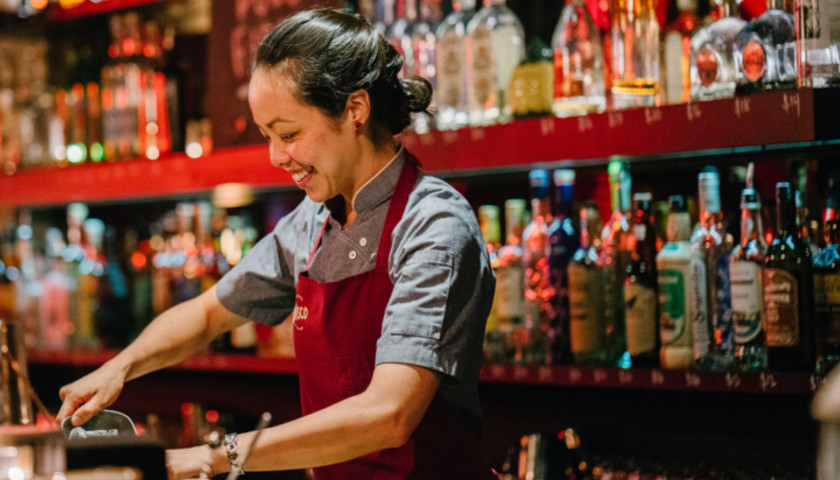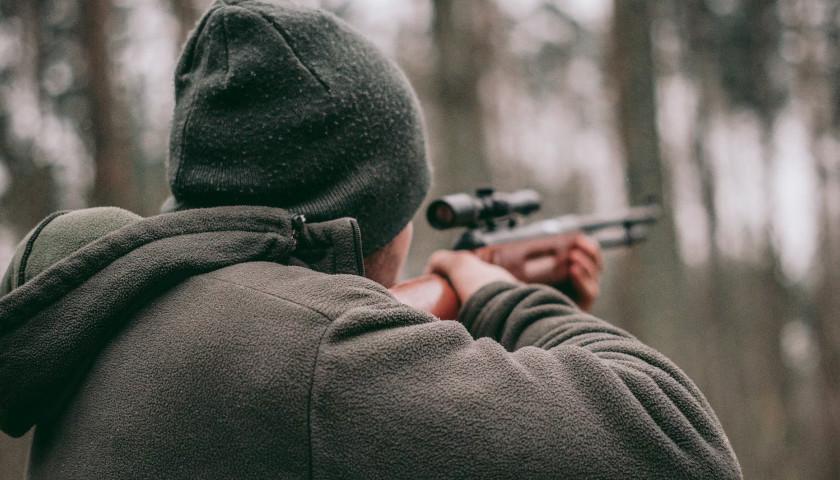by Todd DeFeo
Ohio is buying excess liquor from restaurants as state leaders continue to roll out measures aimed at stopping the spread of COVID-19 in the Buckeye State.
Under DeWine’s order, restaurants with take-out and delivery options can still operate, and the state Department of Commerce is offering a “one-time liquor buyback option to support bars and restaurants.” The move is an effort to help restaurants that stockpiled “high-proof liquor” leading up to St. Patrick’s Day on Tuesday.
DeWine has already closed schools and banned gatherings of 100 people or more in the state. Several other jurisdictions, including Illinois and New York City, have taken or plan to take similar action to close restaurants and bars.
As of Saturday, there were 26 confirmed cases of COVID-19 – 12 women and 14 men between 31 and 86 years old – in the state, officials said. A total of seven people are hospitalized.
“The increase in those testing positive for COVID-19 should not alarm anyone,” DeWine said in a news release. “We predicted that this would happen. This should not cause panic, we are enacting an early, targeted, and layered plan aimed at reducing the number of people affected.”
Among those testing positive for COVID-19 in Ohio is a firefighter/EMT in Columbus, the city announced.
“We are well prepared for emergencies, including the outbreak of COVID-19,” Columbus Fire Chief Kevin O’Connor said in a news release. “Because our firefighters work in teams and they train together, eat together and sleep in the same areas, they are at risk for possible exposure. We must be diligent in protecting our greatest assets – our firefighter/EMTs – so that they can continue to protect and serve the people of Columbus.”
On Friday evening, the state received personal protective equipment (PPE), including gowns, goggles and gloves, from the National Strategic Reserve. Despite the receipt of additional provisions, DeWine asked health care providers to conserve their supplies.
DeWine also requested that dentists and veterinarians postpone elective surgeries, which officials say will limit the use of the state’s PPE supply and can help free up treatment beds. The governor’s health advisory group is “developing guidelines for doctors for postponing elective surgeries that will not put patients at risk,” the governor’s office said.
As soon as Monday, the governor plans to issue an executive order giving the Ohio Department of Job and Family Services (ODJFS) the authority to accept and grant requests for unemployment compensation and suspending the standard one-week waiting period.
This order also helps Ohioans whose employers close, who do not receive paid leave through their workplace or have been ordered to quarantine, officials said. Applicants will be exempt from a requirement they are actively seeking work.
“While we work to minimize the illness coronavirus will cause, we need to make sure it is possible for people to stay home,” state Rep. Beth Liston, D-Dublin, said in a news release calling for a temporary emergency paid sick leave program in response to COVID-19. “Paid sick leave will slow the spread of COVID-19, saving lives.”
DeWine’s response to the COVID-19 outbreak has been generally praised both in Ohio and nationally.
“He’s exhibiting real leadership and making hard decisions in tough times,” state Rep. David Leland, D-Columbus, said in a news release.
– – –
Todd DeFeo is a contributor to The Center Square.





